Del Ponte: First catch Mladić, then sign SAA
The authorities have assured Carla Del Ponte that the political will exists to complete cooperation with the Hague.
Saturday, 27.10.2007.
10:09

The authorities have assured Carla Del Ponte that the political will exists to complete cooperation with the Hague. The Hague Tribunal chief prosecutor last night repeated that she was sure Ratko Mladic was in Serbia, and said she was ready to inform the EU of progress made in cooperation, but she would ask the EU to condition signing of the Stabilization and Association Agreement (SAA) on complete cooperation with the Hague. Del Ponte: First catch Mladic, then sign SAA President Boris Tadic and Prime Minister Vojislav Kostunica yesterday met with Del Ponte. They told the chief prosecutor that Serbia was doing everything to complete cooperation, and that it was in Belgrade’s interests to meet all its international commitments. “I’m hoping for positive results very soon,” said Del Ponte after her two-day visit to Serbia, addressing a NATO assembly seminar in Belgrade. She claimed that Ratko Mladic is in Serbia. “I’ve known that for years, I have proof of it up until 2003. After 2003, I have some information. That’s the reason why I want Serbia to catch Mladic. It’s because I know he’s here,” she said. Del Ponte said she believed the arrest of the other four fugitives was also close. “I know that a lot of top Serb officials are working very hard to catch those criminals. In spite of the difficulties, I expect those promises to be turned into action. If the dedication that has been declared results in cooperation between security services, or if firm steps are taken, we’ll be able to inform the European Commission that Serbian cooperation with the Tribunal has improved,” said the chief prosecutor. Carla Del Ponte (FoNet, archive) Ljajic: 91 percent of obligations met Rasim Ljajic repeated that the political will existed in Serbia to cooperate with the Hague Tribunal. The president of the National Council for Cooperation with the Hague Tribunal said that this was evidenced by the fact that thus far 91 percent of requests for extradition of suspected war criminals had been carried out – of a total of 46, 42 have so far been extradited to the Hague. Speaking at a Rose-Roth Seminar last night, Ljajic said that extradition of the remaining fugitives was a technical question, and not a question of political will, adding that moreover 11 fugitives had been captured in Serbia, 27 had given themselves up, while four had been apprehended in other countries. “What more can we who have been working on Hague cooperation do, save go there ourselves and lock ourselves up to show that the will for cooperation exists,” stressed Ljajic. “What’s the logic of someone shielding the remaining four fugitives when so many of them have already been handed over? Why would someone protect Stojan Zupljanin, when the majority of citizens don’t even know who he is.,” said Ljajic, and added that it would be illusory to expect the arrest of one of them to spark riots or demonstrations in the country. He said that of the 1,692 documents that the prosecution had thus far sought from Serbia, 98 percent had been provided, while 500 people had been released from their oath to protect state secrets to allow them to testify at the Tribunal. An indicator of political will was the fact that the war archives had been opened, while work was under way to allow access to the security service (BIA) archives, Ljajic stressed. He underlined that, according to the operative data he possessed, Ratko Mladic had hidden in military facilities until June 1, 2002, and then in flats in Belgrade, then in places outside Belgrade. Moreover, the data showed that between December 2005 and February 2006 he had been in Serbia. “We don’t know where Mladic is now,” said Ljajic, adding that there was no information indicating the whereabouts of Radovan Karadzic, Stojan Zupljanin and Goran Hadzic.
Del Ponte: First catch Mladić, then sign SAA
President Boris Tadić and Prime Minister Vojislav Koštunica yesterday met with Del Ponte. They told the chief prosecutor that Serbia was doing everything to complete cooperation, and that it was in Belgrade’s interests to meet all its international commitments.“I’m hoping for positive results very soon,” said Del Ponte after her two-day visit to Serbia, addressing a NATO assembly seminar in Belgrade.
She claimed that Ratko Mladić is in Serbia. “I’ve known that for years, I have proof of it up until 2003. After 2003, I have some information. That’s the reason why I want Serbia to catch Mladić. It’s because I know he’s here,” she said.
Del Ponte said she believed the arrest of the other four fugitives was also close. “I know that a lot of top Serb officials are working very hard to catch those criminals. In spite of the difficulties, I expect those promises to be turned into action. If the dedication that has been declared results in cooperation between security services, or if firm steps are taken, we’ll be able to inform the European Commission that Serbian cooperation with the Tribunal has improved,” said the chief prosecutor.
Ljajić: 91 percent of obligations met
Rasim Ljajić repeated that the political will existed in Serbia to cooperate with the Hague Tribunal.The president of the National Council for Cooperation with the Hague Tribunal said that this was evidenced by the fact that thus far 91 percent of requests for extradition of suspected war criminals had been carried out – of a total of 46, 42 have so far been extradited to the Hague.
Speaking at a Rose-Roth Seminar last night, Ljajić said that extradition of the remaining fugitives was a technical question, and not a question of political will, adding that moreover 11 fugitives had been captured in Serbia, 27 had given themselves up, while four had been apprehended in other countries.
“What more can we who have been working on Hague cooperation do, save go there ourselves and lock ourselves up to show that the will for cooperation exists,” stressed Ljajić.
“What’s the logic of someone shielding the remaining four fugitives when so many of them have already been handed over? Why would someone protect Stojan Župljanin, when the majority of citizens don’t even know who he is.,” said Ljajić, and added that it would be illusory to expect the arrest of one of them to spark riots or demonstrations in the country.
He said that of the 1,692 documents that the prosecution had thus far sought from Serbia, 98 percent had been provided, while 500 people had been released from their oath to protect state secrets to allow them to testify at the Tribunal.
An indicator of political will was the fact that the war archives had been opened, while work was under way to allow access to the security service (BIA) archives, Ljajić stressed.
He underlined that, according to the operative data he possessed, Ratko Mladić had hidden in military facilities until June 1, 2002, and then in flats in Belgrade, then in places outside Belgrade. Moreover, the data showed that between December 2005 and February 2006 he had been in Serbia.
“We don’t know where Mladić is now,” said Ljajić, adding that there was no information indicating the whereabouts of Radovan Karadžić, Stojan Župljanin and Goran Hadžić.













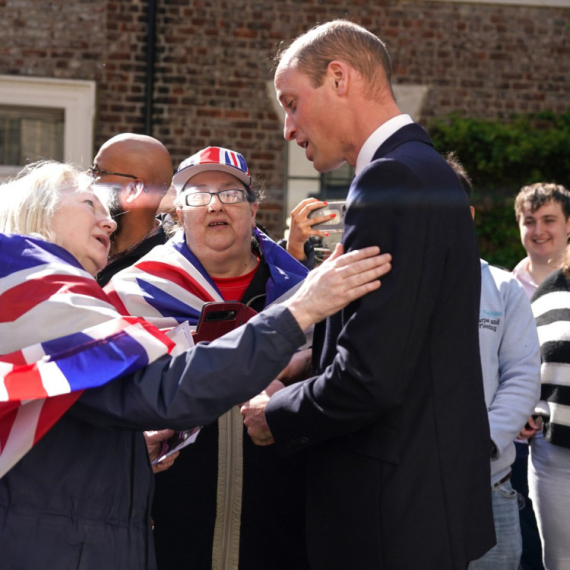
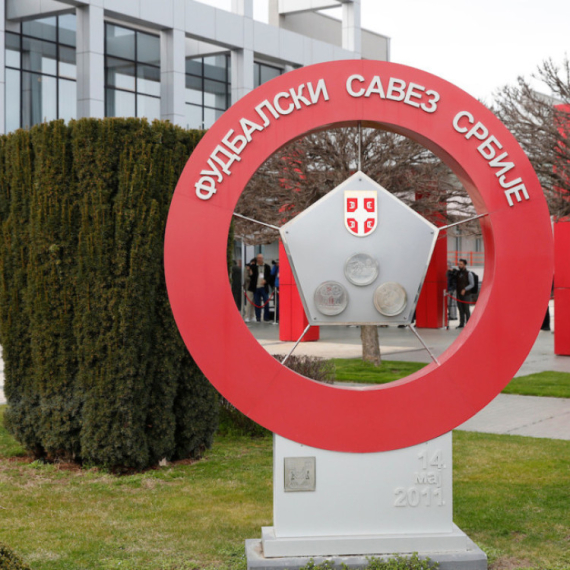


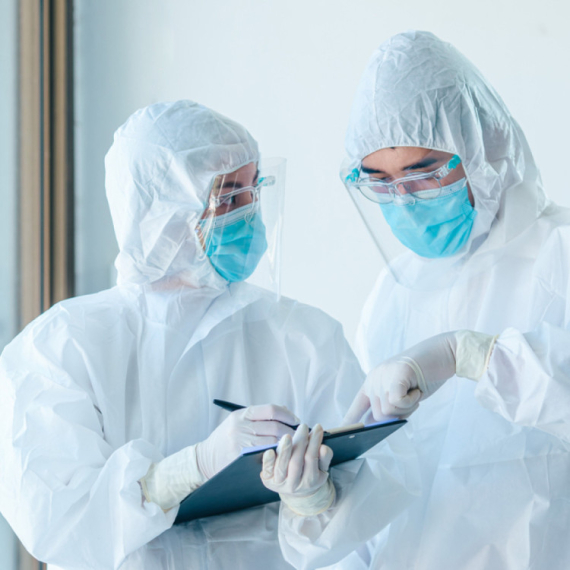














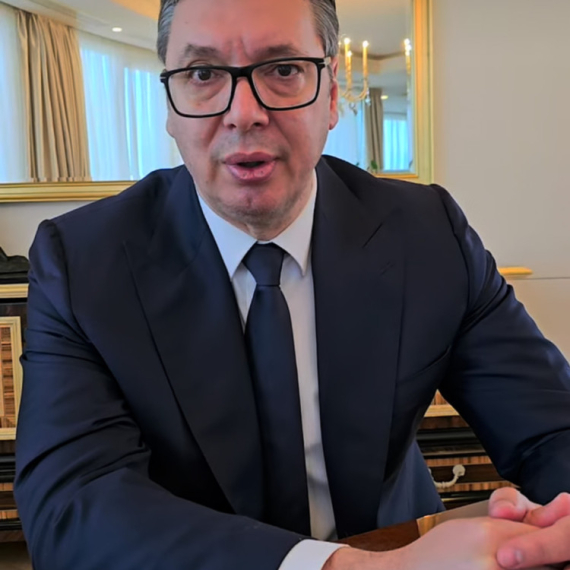
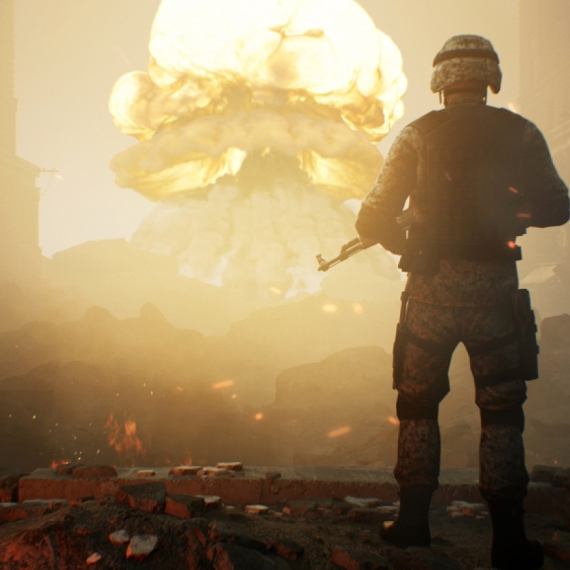
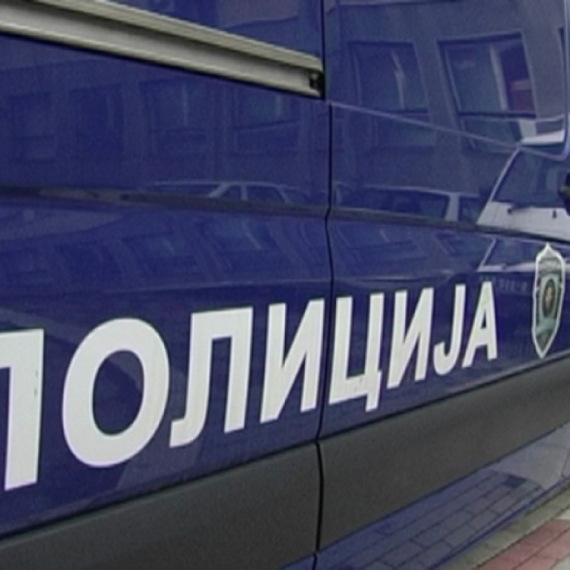
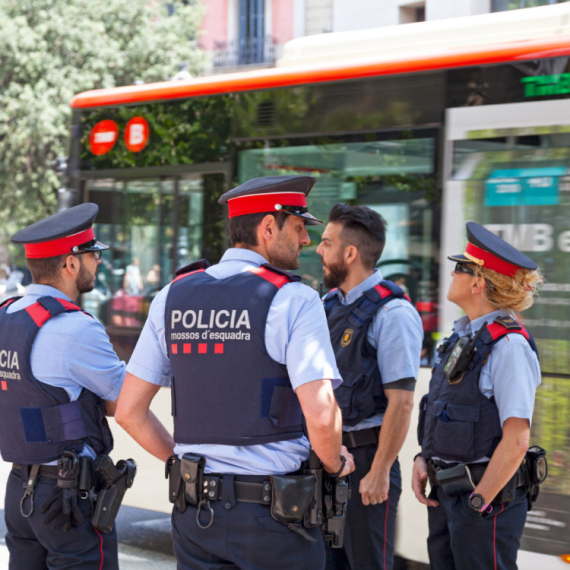




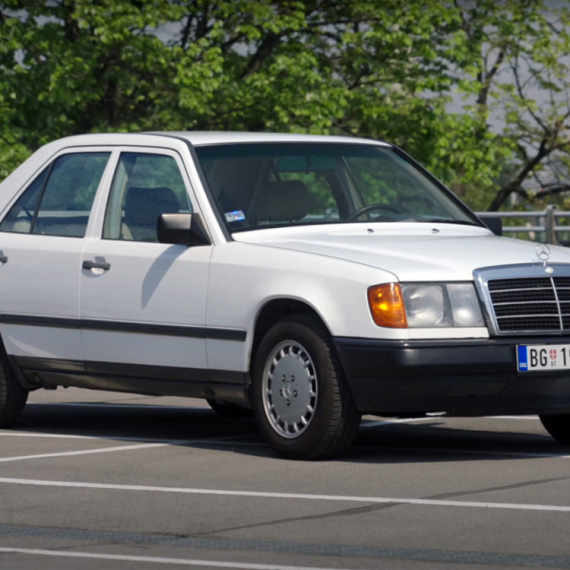




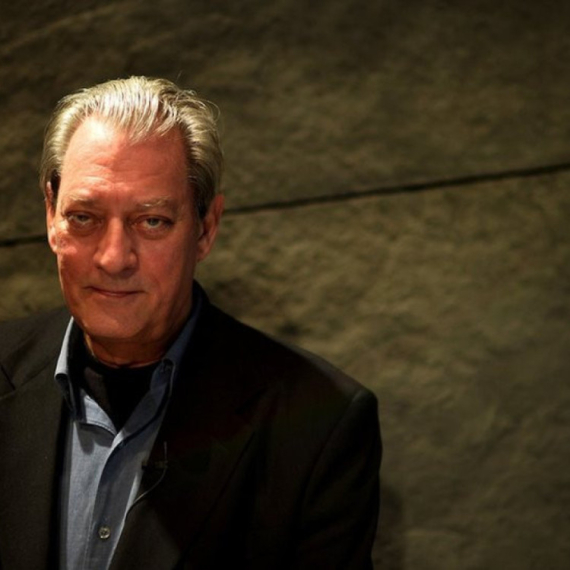
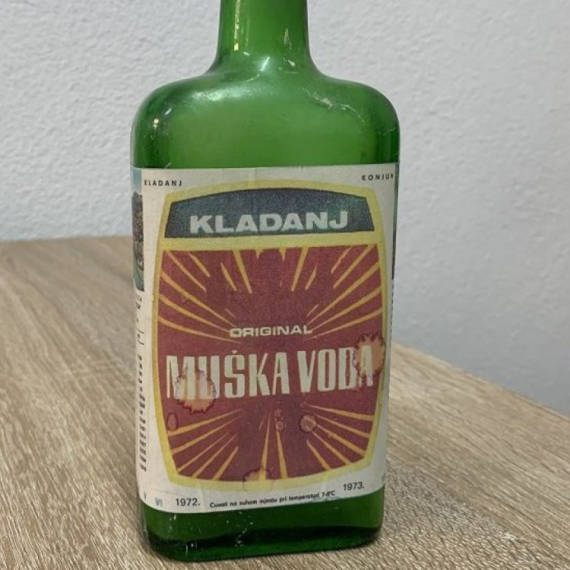




Komentari 6
Pogledaj komentare